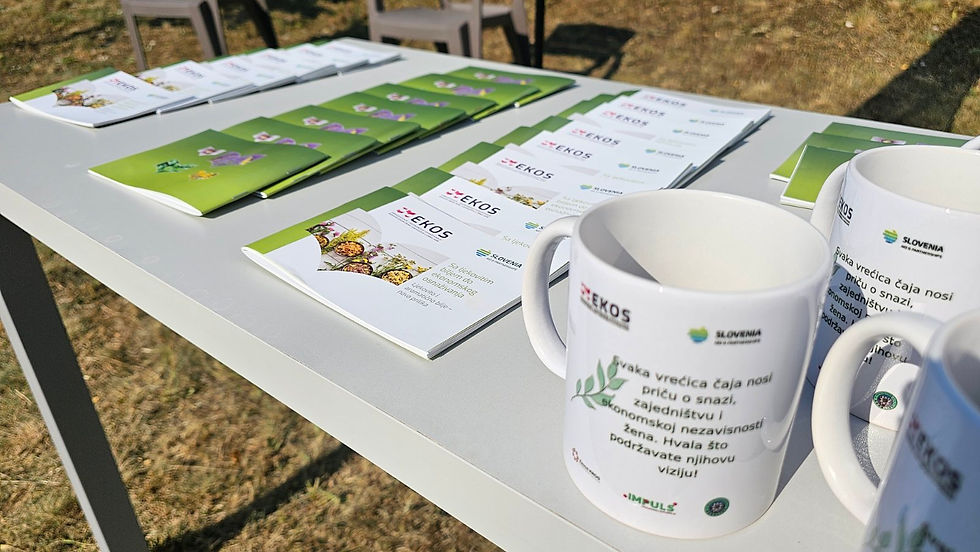Despite the outbreak of war in Sudan, Institute Circle still active
- Zavod Krog

- Aug 25, 2023
- 3 min read
The months are passing since the start outbreak of war in Sudan, where the army and the Rapid Support Forces are sacrificing the country and the Sudanese people for their own interests, power and greed. The war, which started on 15 April, has displaced some 2.2 million people, including more than half a million Sudanese men and women who have sought refuge in the neighbouring countries.
The United Nations estimates that around 25 million people in Sudan are currently in need of urgent humanitarian assistance, and two thirds of hospitals are no longer functioning due to shortages of electricity, materials, supplies and staff and exposure to danger. People are suffering from shortages of food, water, medicine and fuel, markets and shops are closed and the arrival of humanitarian aid is almost impossible.
The fighting is the most intense in the capital, where about a quarter of the population lives. Even before the war, Khartoum was suffering from a lack of infrastructure, poor roads, collapsing water and sewage systems, power cuts and poor living conditions. Now the situation is unimaginable, the destruction of the existing infrastructure is enormous. Members of the Rapid Support Forces are hiding in civilian buildings, taking civilians hostage, and the army is prepared to bomb houses and hospitals in order to hold on to power.
Khartoum has also been the commercial centre of the country - continued fighting in the city will therefore have negative consequences for other areas. The rainy season is approaching, the season when farmers buy seeds, fuel and fertiliser to plant crops. The unavailability of these goods means that there will be no harvest this year, and this will lead to further humanitarian disaster for Sudan.
Although the fighting is most intense in the capital and in West Darfur, where, according to reports, ethnic cleansing is happening, the conflict is spreading dangerously to other areas of Sudan. There are many ethnic groups living in Sudan, speaking more than a hundred different languages and dialects, with their own cultures, customs and ways of life.
In the more than 65 years since the establishment of an independent Sudan, the elites there have failed to establish a system and a state that would protect all its citizens, regardless of ethnicity, religion, gender, etc. There has never been an agreement on the fair sharing of political power and natural resources, which has also resulted in the current conflict, which, if not resolved quickly, could lead to the disintegration of a functioning state and cause instability in the entire region.
Institute Circle has been active in Sudan for two years, in cooperation with local NGO Hope and with funding from the Ministry of Foreign and European Affairs of Slovenia. The activities are taking place in South Darfur, where the situation is stable for the time being, but the needs are also increasing due to refugees from other areas of Darfur. There is a shortage of basic goods such as medicine, food and other supplies. Markets and shops in Niyala, the capital of South Darfur, which were exposed to looting and pillaging at the beginning of the conflict, are now closed, and trade routes from neighbouring African countries and Khartoum are largely blocked or impassable due to the presence of the army or Rapid Support Forces.
In the rural communities where Institute Circle works, the situation is calm. We hope that sufficient seeds will be available on the local market to enable farmers to sow them during the rainy season and later harvest the cereals on which they depend. While activities related to the building of complex and costly infrastructure, such as solar water pumps, are on hold, we are focusing on providing emergency psychosocial assistance to victims of violence. Time will tell how the conflict will unfold, but the fact is that, as UN Secretary-General Antonio Guterres has pointed out, Sudan is plunging into a spiral of death and destruction at an 'unprecedented speed and scale', and there is little time left to prevent the collapse of a country where, at the moment, even humanitarian aid can hardly get in.










Comments